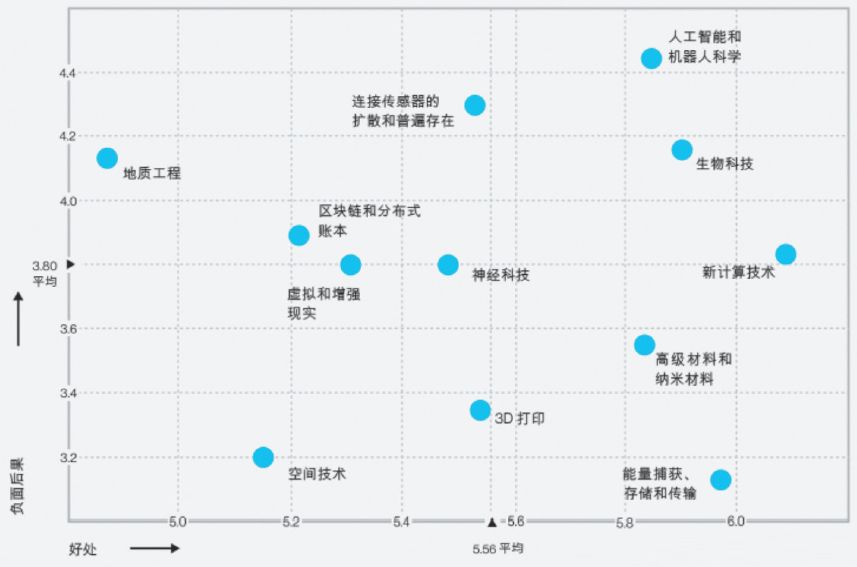AI Ethical Controversy Escalates: How To Maintain The Bottom Line Of Human Nature When Technology Is Running Wildly?
AI Ethical Controversy Escalates: How To Maintain The Bottom Line Of Human Nature When Technology Is Running Wildly?
——Governance challenges and breakthroughs under the 2025 Technological Wave
——Governance challenges and breakthroughs under the 2025 Technological Wave
Introduction: When AI begins to "think", who will pay for losing control?
In 2025, artificial intelligence will be implemented in the fields of medical care, government affairs, finance, etc., but ethical disputes continue to ferment. During the Two Sessions, National People's Congress representative Zhang Tianren called for "building an AI ethical system", the EU's Artificial Intelligence Act entered final negotiations, and the domestic phenomenon-level product Manus was pushed to the forefront due to privacy disputes. Technology dividends and ethical risks are intertwined, and this game about the future of mankind is unfolding.

Technology is running wildly: Why does AI frequently step on the ethical "minefield"?
Data privacy "runs naked". A hospital in Shanghai introduced an AI diagnosis system, but tens of thousands of medical records were abused by third parties because it did not clearly inform the patient's data. A restaurant in Chongqing "predicted" customer behavior through AI cameras and was questioned for infringing on personal dignity. Experts pointed out that AI training requires massive data, but more than 60% of companies have not implemented the principle of "informed consent".
Algorithm bias "invisible discrimination". When a recruitment platform screens resumes, the pass rate for female job seekers is 30% lower; the bank's intelligent risk control system rejects loans to rural users twice as high as that of urban users. Research from Tsinghua University shows that more than half of the biases stem from historical discrimination in training data, such as strong association of "programmers" with male characteristics.
The responsibility belongs to the "vacuum zone". In the Hangzhou autonomous driving car crash, car companies, algorithm suppliers, and car owners shirked each other; AI painting platforms stolen artists' works to train models, and the copyright dispute was deadlocked. The legal community calls for the establishment of a "AI accident traceability chain" to clarify the three-level responsibilities of developers, operators and users.
Global Governance: The focus of controversy between tech giants and lawmakers: typical cases tear up cognition
"Digital Eternal Life" touches the ethics of life Taiwanese musicians "resurrected" their dead daughter with AI, causing controversy over the "digital life ownership right"; a company in Nanjing launched the "AI Will" service, which was criticized for dispelling the meaning of life and death.
Manus ignited the controversy of independent execution. The domestic AI intelligent body Manus can call APIs to control devices independently, but its background data flow is opaque. The user asked: "My mobile phone has become an AI puppet?"
Emotional dependence and humanity crisis Xiaohongshu platform has a "human-machine love" community, users are addicted to dialogue with virtual partners, and psychological experts warn of the risk of "emotional alienation".
The road to breaking the deadlock: Legislation, technology and the public "three lines to go hand in hand"
Legislation accelerates China's "Technology Ethics Review Measures" requires compulsory AI registration in the fields of medical care, education, etc., and complete stock rectification before the end of 2025.
Technical corrections are made by Huawei, Baidu and other companies to develop "interpretable AI" and use visual interfaces to display decision-making logic; Ant Group launches a "bias detection tool".
Public Awakening 12315 platform has launched an AI complaint line, and charity organizations have launched a "My Data I Make the Lord" signature campaign for 10,000 people.
Conclusion: Finding a balance between innovation and the bottom line
The essence of AI ethical disputes is the collision of technological civilization and human values. As stated in the "New Generation Artificial Intelligence Ethical Norms": "Technology should be good, and development needs to be bounded." In the future, only by forming a governance synergy between the government, enterprises and the public can AI truly become the "fourth productivity" rather than an "out of control beast."
#Technology Rebirth Changes With You#





